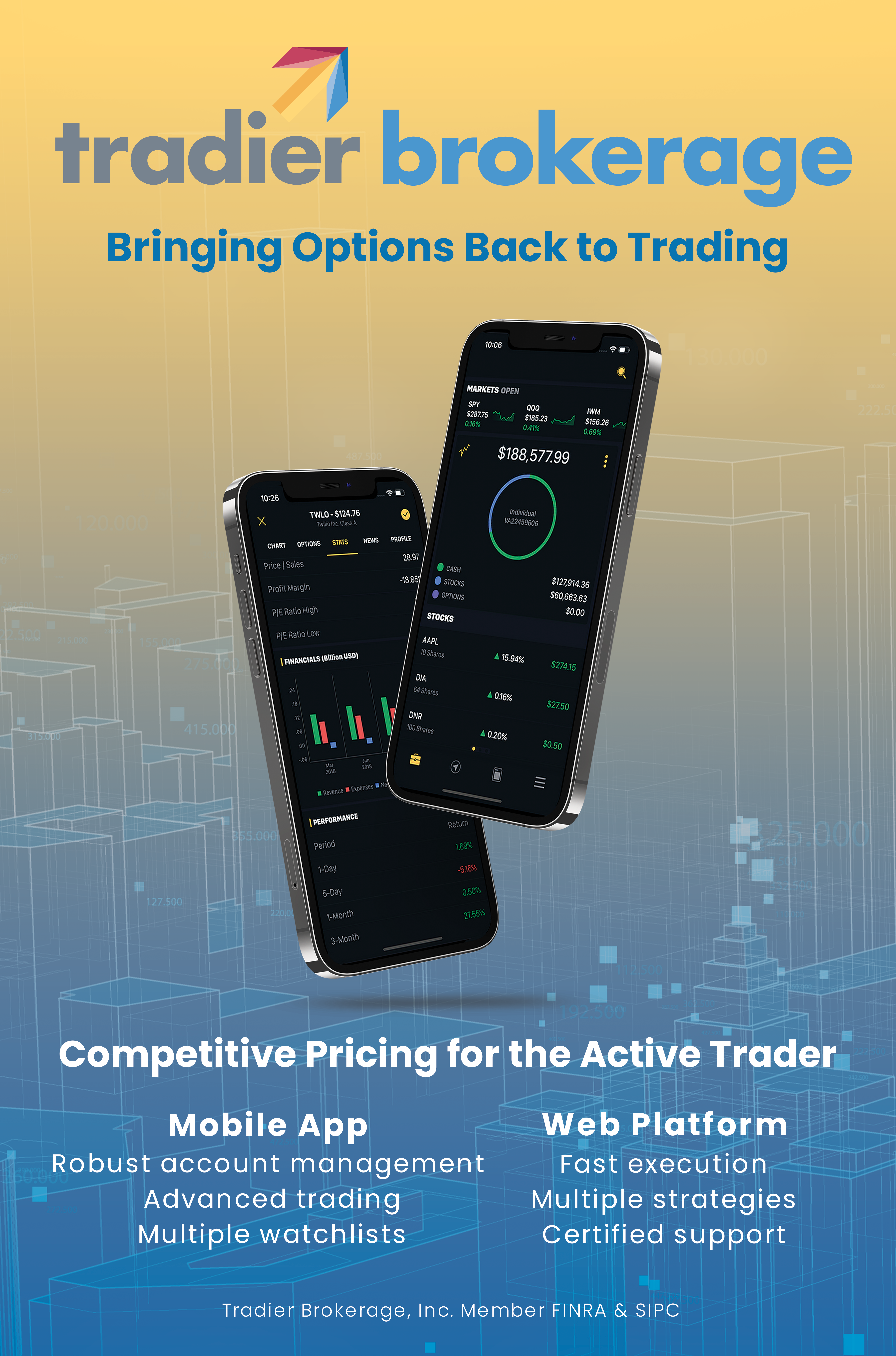Buying a call option gives you the right (but not the obligation) to purchase 100 shares of a company’s stock at a certain price (called the strike price) from the date you buy the call until the third Friday of a specific month (called the expiration date).
People buy calls because they hope the stock will go up, and they will make a profit, either by selling the calls at a higher price, or by exercising their option (i.e., buying the shares at the strike price when the market price is higher).
Call options are quoted in dollar terms (e.g., $3.50), but they actually cost 100 times the quoted amount (e.g., $350), plus an average of $1.50 commission (charged by my discount broker — commissions charged by other brokers may differ).
Since most stock markets go up over time, and most people invest in stock because they hope prices will rise, there is more interest and activity in call options than there is in put options.
Real World Example of Call Options
Here are some call option prices for a hypothetical XYZ company on November 1, 2010 (price of stock: $45.00):
| Expiration Date | ||||
|---|---|---|---|---|
| Strike Price | Nov ’10 | Dec ’10 | Jan ’12 | Terminology of Option (price of call option) |
| 40 | $5.50 | $7.00 | $18.50 | “in-the-money” (strike price is less than stock price) |
| 45 | $2.00 | $4.00 | $16.00 | “at-the-money” (strike price is equal to stock price) |
| 50 | $0.50 | $1.00 | $14.00 | “out-of-the-money” (strike price is greater than stock price) |
The premium is the price a call option buyer pays for the right to be able to buy 100 shares of a stock without actually having to shell out the money the stock would cost. The greater the time period of the option, the greater the premium.
The premium (same as the price) of an in-the-money call is composed of the intrinsic value and the time premium. (I understand that this is confusing. For in-the-money options, the option price, or premium, has a component part that is called the time premium). The intrinsic value is the difference between the stock price and the strike price. Any additional value in the option price is called the time premium. In the above example, the Dec ‘10 40 call is trading at $7.00. The intrinsic value is $5 ($45 stock price less 40 strike price), and the time premium is $2.



Follow Terry's Tips on Twitter
Like Terry's Tips on Facebook
Watch Terry's Tips on YouTube